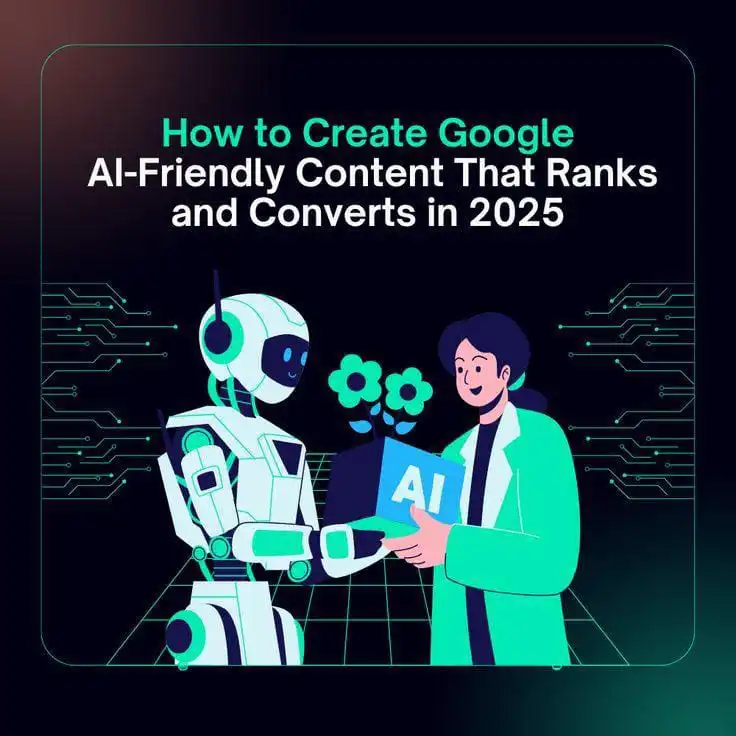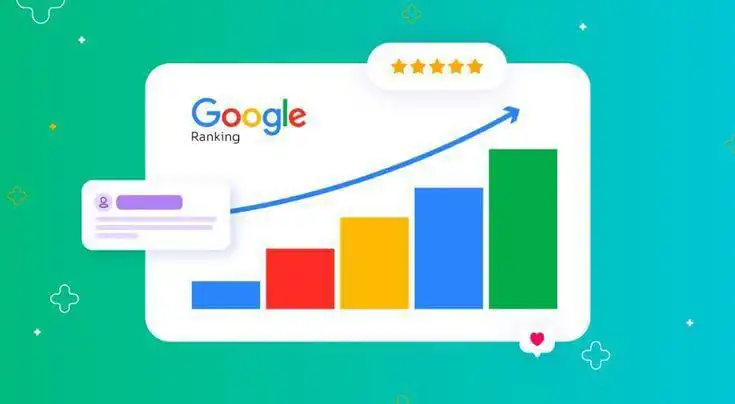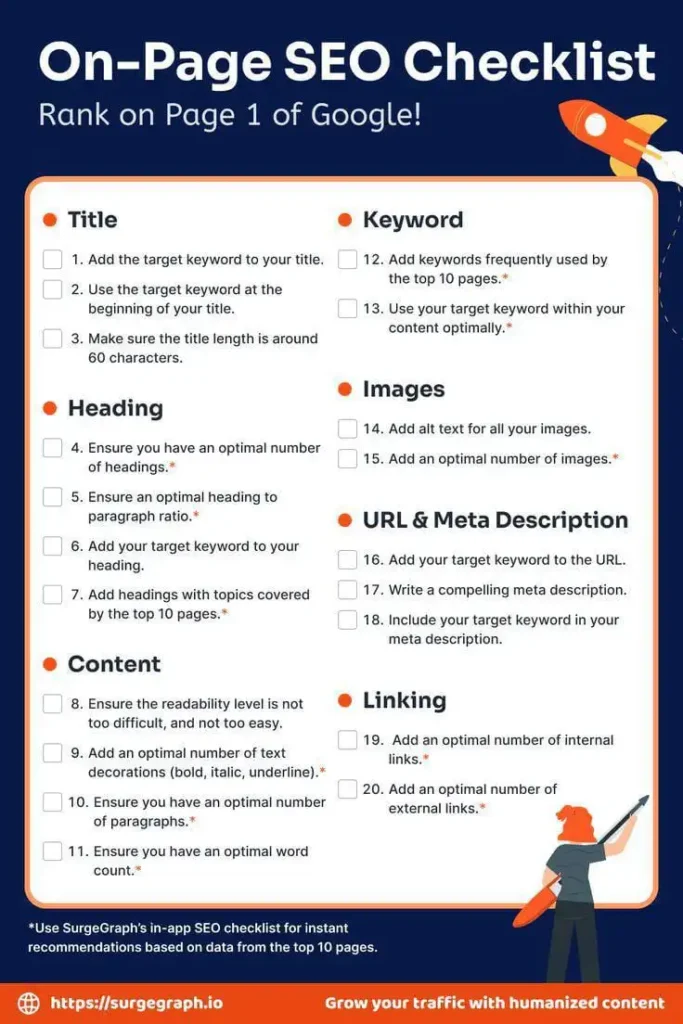Forget the old playbook. In 2025, the game of ranking a blog on Google isn’t about keywords and backlinks in isolation anymore. It’s about a nuanced “invisible handshake” between your content and Google’s increasingly sophisticated, AI-driven understanding of human intent, authority, and genuine value. As a website is blank without any themes & plug-in installed . Learn how to install themes and plug-ins in simple ways. The days of simply “optimizing” are over; we’re now in an era of “Intent-First, Entity-Rich, Trust-Built” blogging.

Here’s how your blog will truly rank, beyond the obvious technicalities:
I. The Human-Centric North Star: Understanding the “Why” Behind the Search
Google’s AI, powered by models like Gemini (and its future iterations), is no longer just matching keywords. It’s dissecting the intent behind every query. To rank, your blog must become a master of empathy.
- Beyond Keywords: The Intent Spectrum: Don’t just target “best coffee maker.” Understand if the user wants to buy a coffee maker (transactional), learn how to use one (informational), compare brands (commercial investigation), or find reviews (user-generated content intent). Your blog post needs to explicitly and comprehensively fulfill that specific intent.
- The Unspoken Questions: To stand out, your blog needs to anticipate the next question, the deeper problem, or the underlying motivation that the AI might not fully address. Think beyond surface-level answers to become a holistic resource.
- User Journey Mapping, Redefined: Instead of a linear funnel, visualize your reader’s journey as a complex, multi-touch exploration. How does your blog serve them at each micro-moment? Can you anticipate their needs before they even formulate the next search? This means interconnected content, internal linking that guides, and calls to action that lead to deeper engagement, not just a sale.
II. The Entity Economy: Building a Web of Knowledge, Not Just Pages
Google’s understanding of the world is shifting from keywords to “entities” – real-world objects, concepts, people, and places. Your blog needs to participate in this “entity economy.”
- Becoming a “Knowledge Hub” (Not a Content Farm): Each blog post shouldn’t just be an isolated article. It should be a node in a larger knowledge graph you’re building around your niche. Connect your posts through intelligent internal linking, structured data (Schema markup for entities like people, organizations, products, and concepts), and comprehensive topic clusters.
- The Semantic Web is Your Playground: Don’t just use synonyms; explore semantically related concepts. If you’re writing about “sustainable fashion,” weave in entities like “circular economy,” “ethical sourcing,” “upcycling,” and relevant designers or brands. This shows Google you have a deep, nuanced understanding of the topic.
- Authoritative Entities: The Human Face of Expertise: Google’s E-E-A-T (Experience, Expertise, Authoritativeness, Trustworthiness) is more critical than ever. In the age of AI-generated content, human expertise is a premium.
- Show Your Stripes: Clearly showcase author bios with genuine credentials, experience, and why they are the definitive voice on the topic.
- First-Hand Experience is Gold: Google is actively penalizing AI-generated content that lacks true, demonstrable experience. Share case studies, personal anecdotes, original research, and unique insights that only a human can provide.
- Building Your Personal Brand: If you’re the author, invest in building your authority outside your blog – speaking engagements, industry mentions, reputable social media presence. This helps Google connect your identity with your expertise.

III. The Trust Factor: Your Blog as a Beacon of Reliability
Google’s algorithms are now designed to heavily reward reliable sources.
- Verifiable Information: Every claim, statistic, or piece of advice in your blog needs to be accurate and, ideally, cited from reputable sources.
- Transparency is Non-Negotiable: Be transparent about your sources, methodologies (if conducting original research), and any potential biases.
- User Signals as Trust Proxies: While Google denies direct ranking signals from certain user metrics, a blog that genuinely engages its audience will naturally send positive signals. High dwell time, low bounce rate, return visits, and social shares (even “dark social” shares via messaging apps) all indicate value and trust. Focus on creating an experience that people want to engage with and share.
- Website as a Trust Signal: Beyond content, your website’s technical health, security (HTTPS), mobile-friendliness, and Core Web Vitals (loading speed, interactivity, visual stability) are fundamental trust signals. A slow, buggy, or insecure site erodes trust instantly, for both users and search engines.
IV. The “Un-AI-able” Content: What Machines Can’t Replicate (Yet)
To truly be 100% unique, your blog must produce content that AI currently struggles to replicate.
- Original Data & Insights: Conduct your own surveys, run experiments, analyze proprietary data, or offer unique perspectives based on real-world experiences. This creates content that literally doesn’t exist anywhere else.
- Deeply Personal Narratives: Share stories, failures, triumphs, and lessons learned that are unique to you or your brand. These human elements build profound connections that AI cannot mimic.
- Contrarian Views (Backed by Evidence): Challenge established norms or offer a fresh, well-reasoned perspective on a widely discussed topic. This sparks debate and positions your blog as a thought leader.
- Interactive & Experiential Content: Move beyond static text. Embed interactive tools, quizzes, calculators, unique visualizations, or multimedia that provides a richer, more engaging experience.

The New Mantra: Be Indispensable
In 2025 and beyond, your blog won’t rank by tricking an algorithm. It will rank by becoming indispensable to your target audience. Focus on genuine value, authentic expertise, comprehensive entity coverage, and an unwavering commitment to trust. When your blog becomes the go-to resource for a human, Google’s AI will eventually, and inevitably, point the way. For best and authentic information just visit wishingfirst.com

